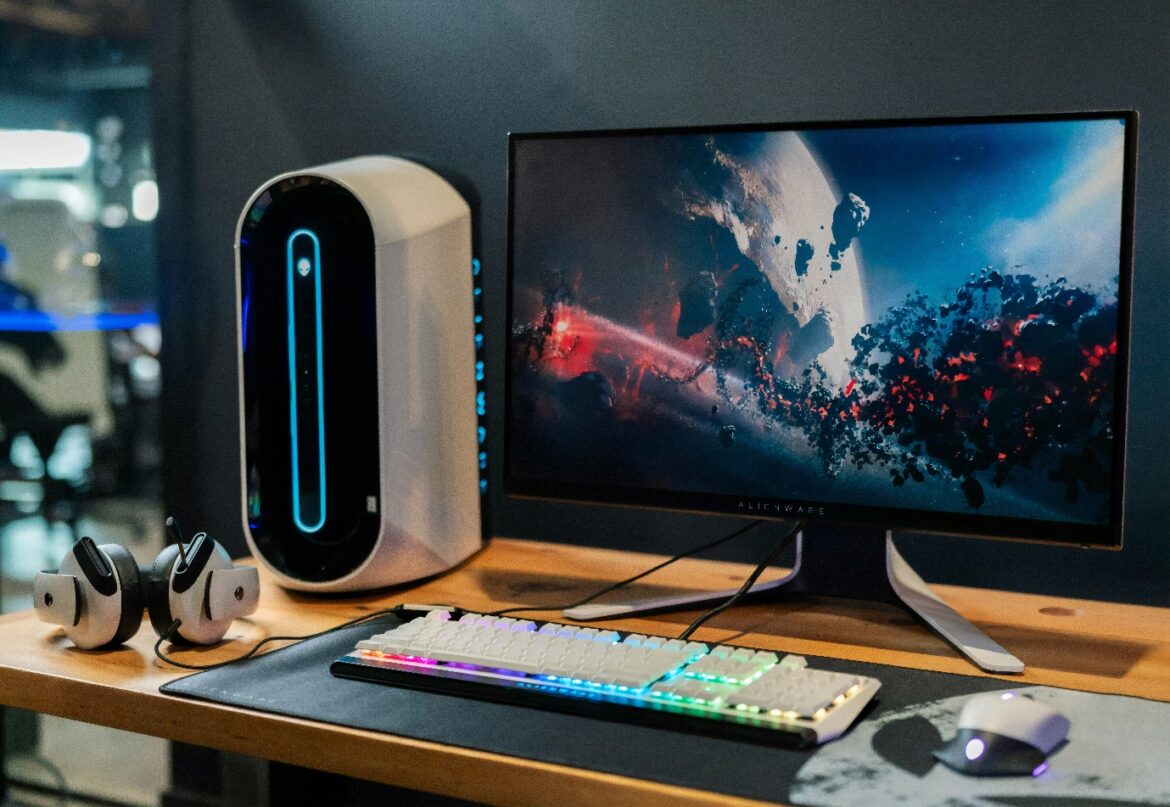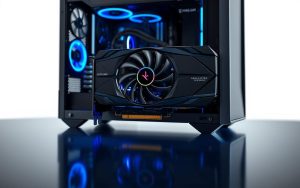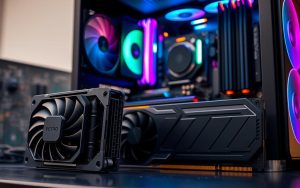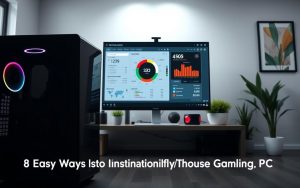Table of Contents
When it comes to gaming, individuals are often confronted with a decision: PC or console? The debate regarding which option is superior is a topic that usually sparks lively discussions on message boards. Users frequently argue over factors such as cost-effectiveness, visual quality, and competitiveness in multiplayer mode.
When deciding between PC gaming and console gaming, it is important to carefully consider the various aspects of this debate to determine which option is most suitable for your needs and preferences.
Whether you lean towards a console or a PC, the ultimate goal is to immerse yourself in the joy of gaming. As you make your decision, consider factors such as budget, technical skills, and the potential for future upgrades, all of which can enhance your gaming experience.
Let’s debunk the myths and evaluate the pros and cons of both console and PC gaming. This article aims to provide you with accurate and reliable information to help you make an informed decision.
Pros of PC Gaming
The Power of PCs
Personal computers possess significantly greater computational capabilities than gaming consoles. When their functionalities are simplified, gaming consoles can be considered miniature computers with similar capabilities. However, certain sacrifices must be made to fit a computer into a compact gaming console.
Typically, PCs are not considered to be ‘mini’ in size, and some extremely large gaming PCs are available in the market. In conclusion, a computer possesses significantly greater processing capabilities than any gaming console. Consequently, it can enhance game performance.
Graphical Dominance
A PC’s power enables users to enjoy games with optimal performance. The same principle can be applied to graphics. PCs have high-performance graphics cards designed to enhance visual quality and fidelity. The aforementioned technological marvels can generate graphics with a maximum resolution of 8K.
Gaming PCs consistently achieve a frame rate of over 100 frames per second (FPS). The device can showcase images in resolutions as high as 8K while ensuring a satisfactory frame rate. This value exceeds the capabilities of certain gaming consoles by more than two times.
The Customization Factor
A notable advantage of personal computers (PCs) is their modular nature. The components are acquired as separate units and then individually connected to the motherboard. This feature allows for the replacement of individual parts without the need to replace the entire machine.
For example, if you believe that your PC’s graphics card would benefit from an upgrade, you have the option to purchase a new one and replace the existing card while maintaining the integrity of the rest of your machine. This technology provides a significantly greater degree of flexibility and autonomy compared to what can be achieved with a traditional console.
It’s More Than Gaming
A gaming PC is simply a device that has been outfitted with the necessary processing capacity to perform the most demanding games. That does not imply that it is exclusively appropriate for that particular purpose. A PC can be utilised for virtually anything in the digital domain.
PCs are not just for gaming. They can be used for a myriad of tasks, such as browsing the internet, playing at online gaming sites for UK players, streaming movies, producing films, creating artwork and illustrations, and even developing your own video games. The versatility of a gaming PC extends far beyond gaming, offering a wide range of digital possibilities.
Cons of PC Gaming
The Cost (Sometimes)
Investing in a high-performance gaming PC, whether built or purchased, is a substantial financial commitment. PC gaming can be more costly than consoles due to the potential high costs associated with the latest hardware and peripherals.
Technical Knowledge & Hardware Issues
Customisation is a notable advantage, but it can pose difficulties for individuals with limited technical expertise. Beginners may find it intimidating to comprehend hardware specifications and troubleshoot issues.
Hardware fragmentation refers to the challenge developers face in optimising games for various PC hardware configurations due to the rapid evolution of hardware. This can result in occasional compatibility issues.
Pros of Console Gaming
Affordable for Most Households
Consoles generally provide a more affordable way to get started with gaming. Their cost is typically lower than that of a gaming PC, making them an appealing choice for casual gamers.
Exclusive Games
Several console manufacturers regularly release exclusive games to attract gamers by offering distinctive experiences that can only be accessed on their platforms.
Simplicity
Consoles are specifically engineered to prioritise simplicity in their design. Their plug-and-play functionality allows users to begin gaming without any concerns about compatibility or intricate setup procedures. This accessibility makes consoles a popular choice among families and casual gamers.
Cons of Console Gaming
Pricey Upgrades
For PS5 users who are gaming enthusiasts and require sufficient storage space and speed, it is crucial to invest in a high-spec SSD. However, it is important to note that high-capacity consoles come with a substantial price tag.
Lacking Power
Consoles are designed to prioritise gaming performance, but they may not be able to achieve the same level of raw power and graphics capabilities as high-end gaming PCs. This can result in a slight decrease in visual quality and performance in certain scenarios.
Myths and Misconceptions
“PC Gaming is Too Technical”
While PC gaming may have a reputation for being complex, the reality is far from it. Today, you can easily purchase a pre-assembled system, eliminating the need to worry about individual hardware components. This accessibility ensures that PC gaming is within reach for everyone, regardless of their technical expertise.
However, constructing your personal computer has become more streamlined and user-friendly. Installing and playing games has been simplified to a few button clicks when connected to the internet via a user-friendly digital storefront.
“PC Gamers Are Always Upgrading Parts”
It is a common belief that PC gaming necessitates frequent hardware upgrades to stay current with the latest games. While PC gaming provides users with the option to upgrade components for increased performance and customisation, it is not a mandatory requirement.
An optimally constructed gaming PC can endure for multiple years without necessitating significant hardware upgrades. The key factor to consider is the delicate equilibrium between performance and cost. Furthermore, numerous game developers dedicate significant effort to optimising their titles to ensure smooth performance on a diverse range of hardware configurations. This implies that your current setup may possess a higher level of future-proofing than you may have initially anticipated.
Final Thoughts
Every type of gaming has its own set of advantages and disadvantages. First, it is recommended that you establish your gaming objectives and identify the titles that you find most enjoyable or believe you can excel in. By determining the most suitable gaming experience for your preferences, you will understand which option is ideal for you.









